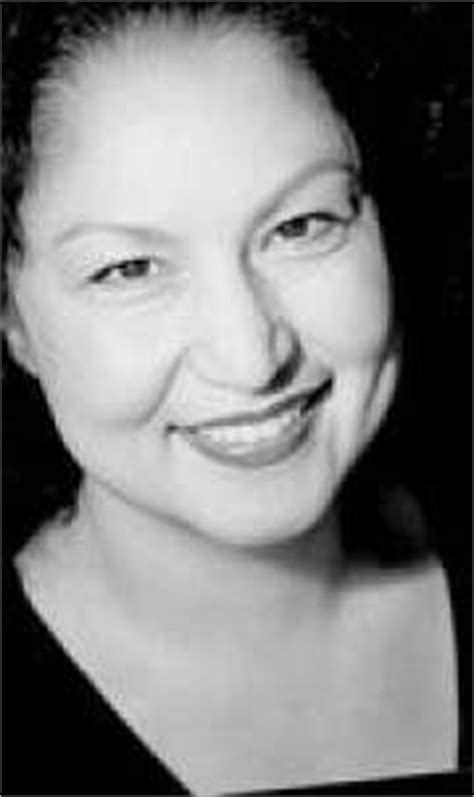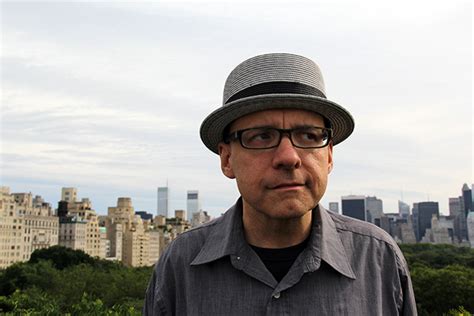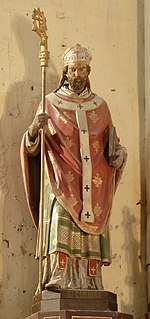A Quote by Kim Elizabeth
Nothing is more dreadful in life than the profound thought that death may only greet you with eternal nothingness.
Related Quotes
Death is not earnest in the same way the eternal is. To the earnestness of death belongs precisely that remarkable capacity for awakening, that resonance of a profound mockery which, detached from the thought of the eternal, is an empty and often brash jest, but together with the thought of the eternal is just what it should be, utterly different from the insipid solemness which least of all captures and holds a thought with tension like that of death.
This swallowing up of life in nothingness, this obliteration of life by nothingness is what the emotion of malice ultimately desires. The eternal conflict between love and malice is the eternal contest between life and death. And this contest is what the complex vision reveals, as it moves from darkness to darkness.
The deepest and most organic death is death in solitude, when even light becomes a principle of death. In such moments you will be severed from life, from love, smiles, friends and even from death. And you will ask yourself if there is anything besides the nothingness of the world and your own nothingness.
We hold death, poverty, and grief for our principal enemies; but this death, which some repute the most dreadful of all dreadful things, who does not know that others call it the only secure harbor from the storm and tempests of life, the sovereign good of nature, the sole support of liberty, and the common and sudden remedy of all evils?
Nothing endures except change; nothing is constant except death. Every heartbeat wounds us, and life would be an eternal bleeding to death, were it not for literature. It grants us what nature does not: a golden time that doesn't rust, a springtime that never wilts, cloudless happiness and eternal youth. [my translation]
A person may say I am not much concerned how long I stay in purgatory, provided I may come to eternal life. Let no one reason thus. Purgatory fire will be more dreadful than whatever torments can be seen imagined, or endured in this world. He who is afraid now to put his finger into the fire, does he not fear lest he be then all buried in torments for a long time?
If you start parsing the cause-and-effect chain backward through time, eventually you land in cosmology - does the story begin with the Big Bang or the out-of-nothing creation of the world by the word of a Southern Baptist god? And that question is even more fraught than any of the others. The stakes couldn't be any higher, because not it's not just a question of life and death, but also a question of life after death or eternal torture after death.
Death is the door from the superficial life, the so-called life, the trivial. There is a door. If you pass through the door you reach another life - deeper, eternal, without death, deathless. So from so-called life, which is really nothing but dying, one has to pass through the door of death; only then does one achieve a life that is really existential and active - without death in it.
Men fear thought as they fear nothing else on earth - more than ruin, more even than death. Thought is subversive and revolutionary, destructive and terrible, thought is merciless to privilege, established institutions, and comfortable habits; thought is anarchic and lawless, indifferent to authority, careless of the well-tried wisdom of the ages. Thought looks into the pit of hell and is not afraid ... Thought is great and swift and free, the light of the world, and the chief glory of man.




































